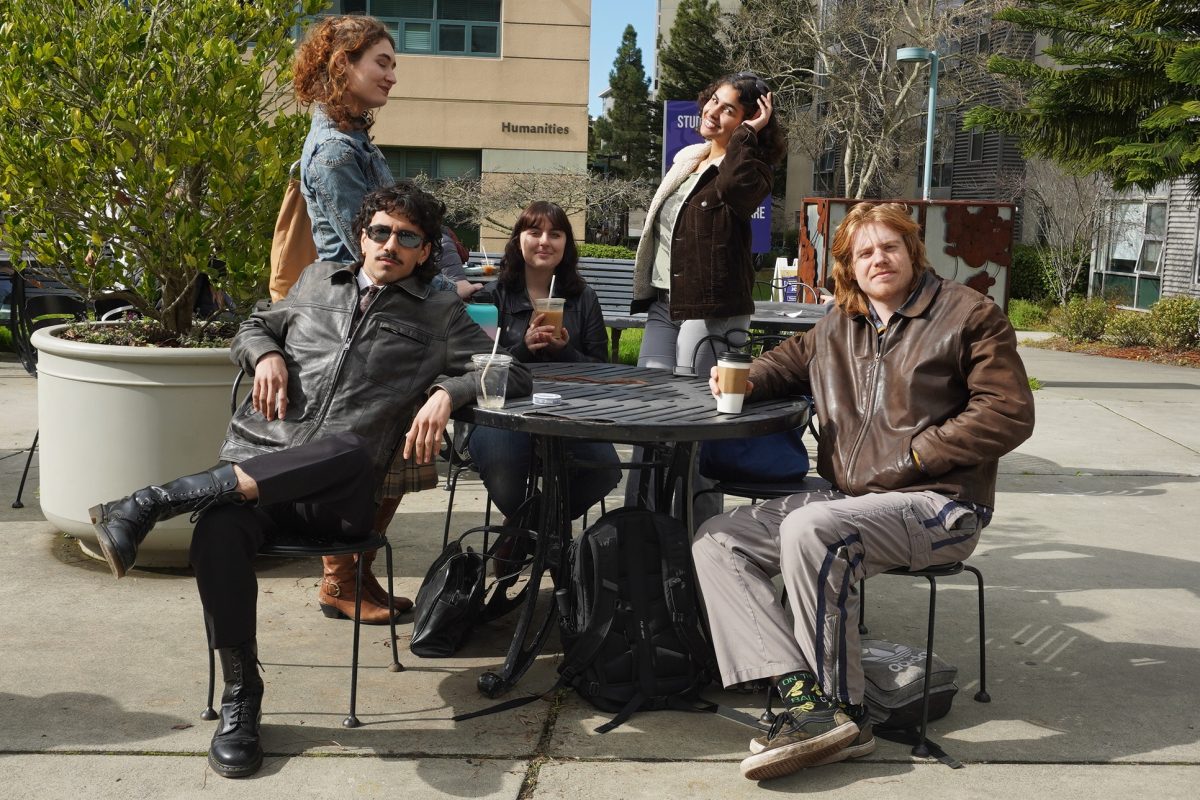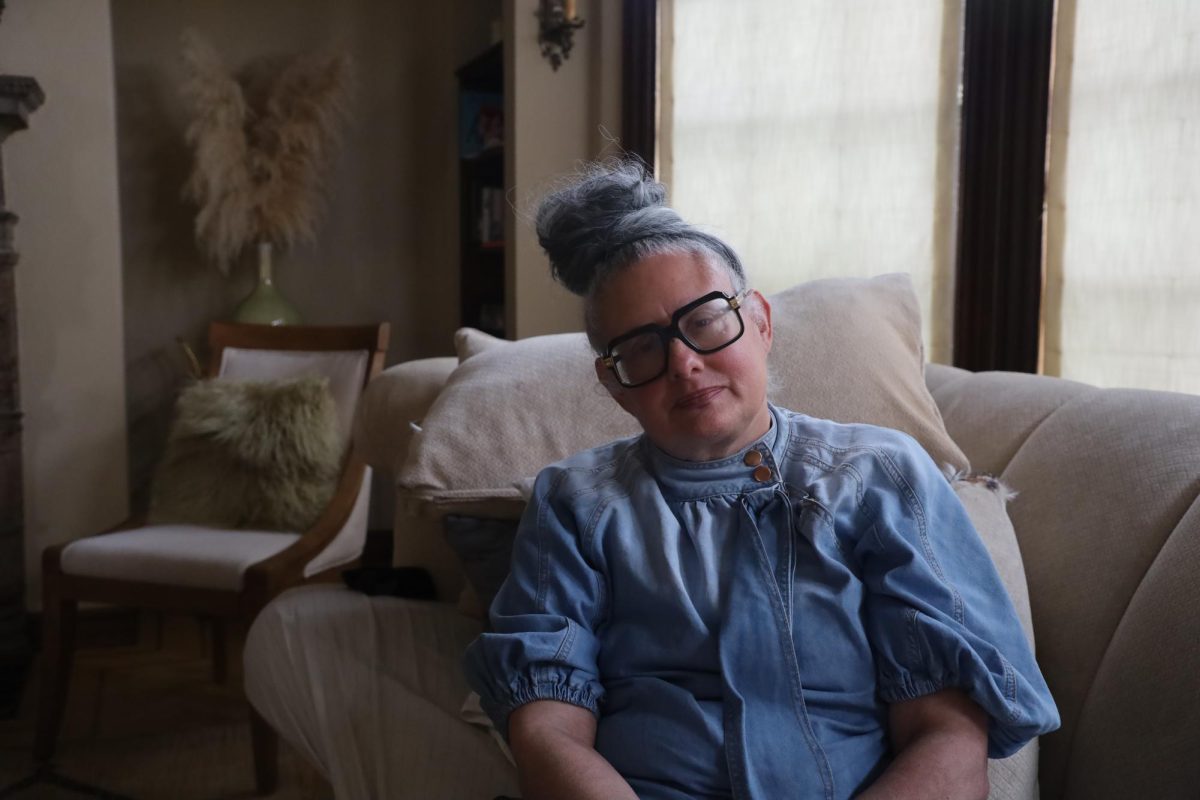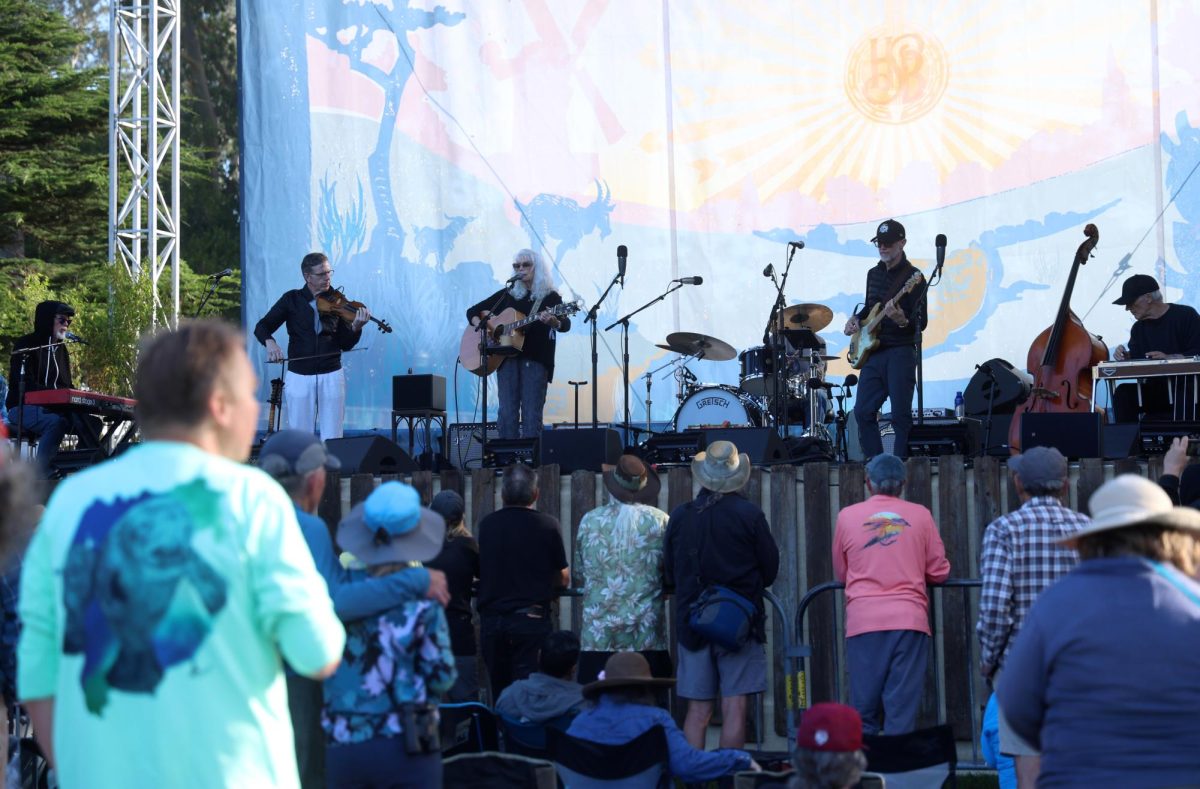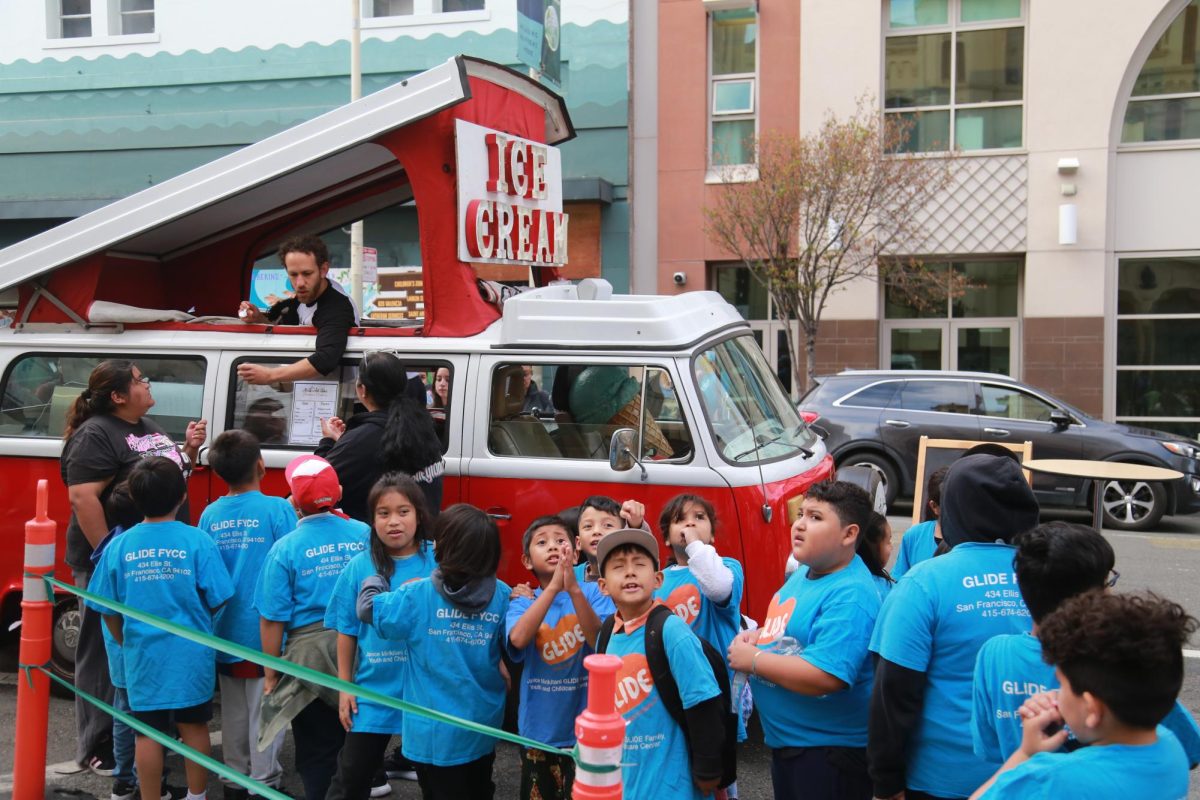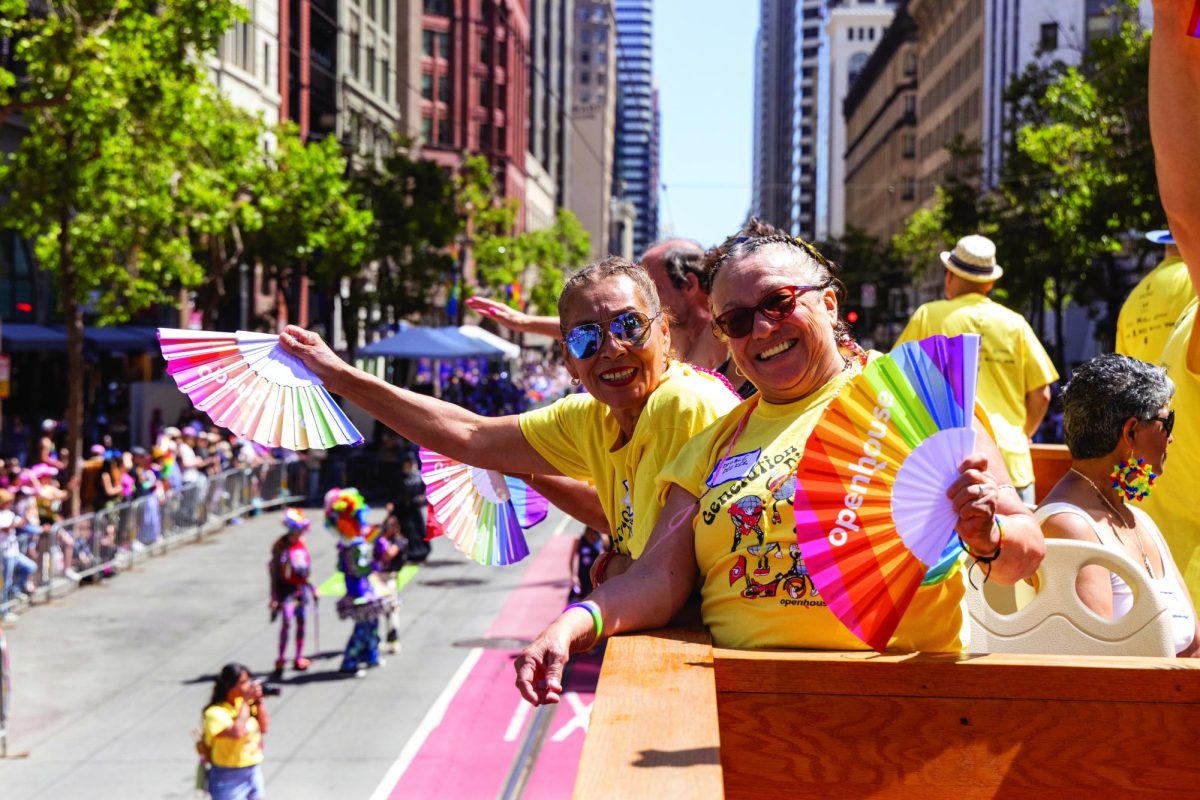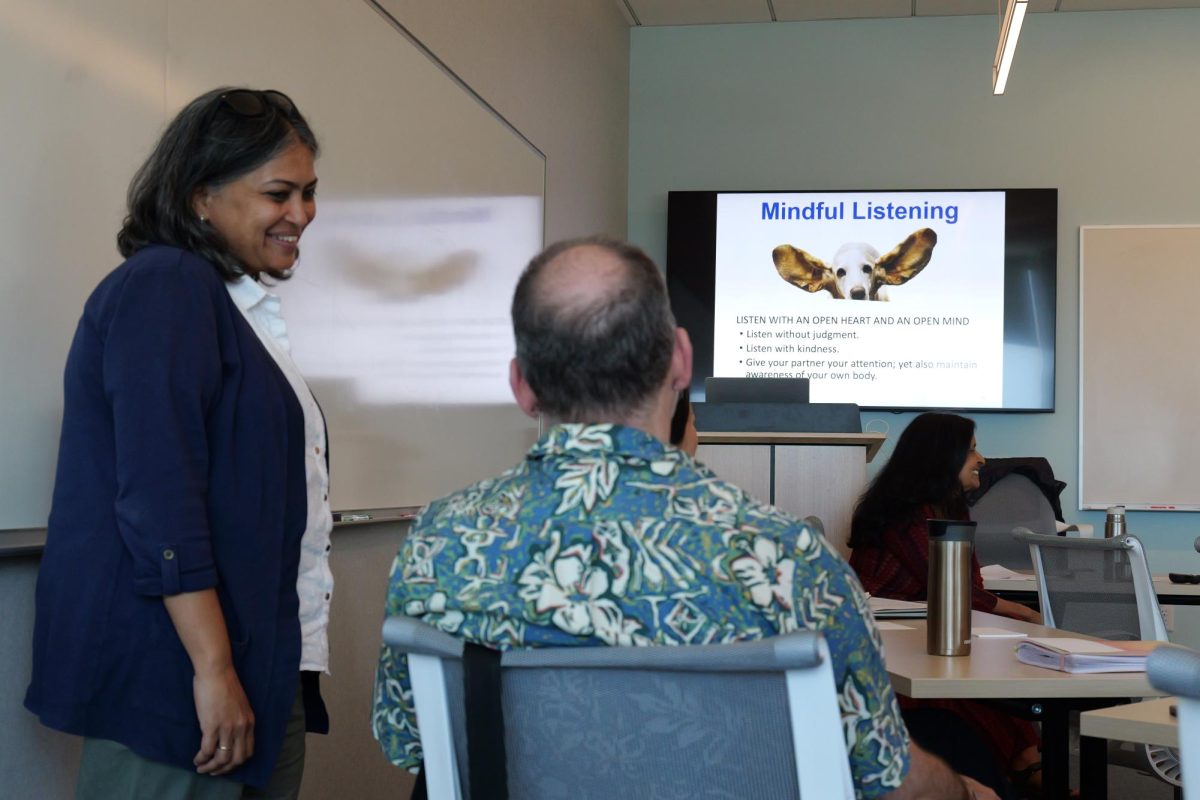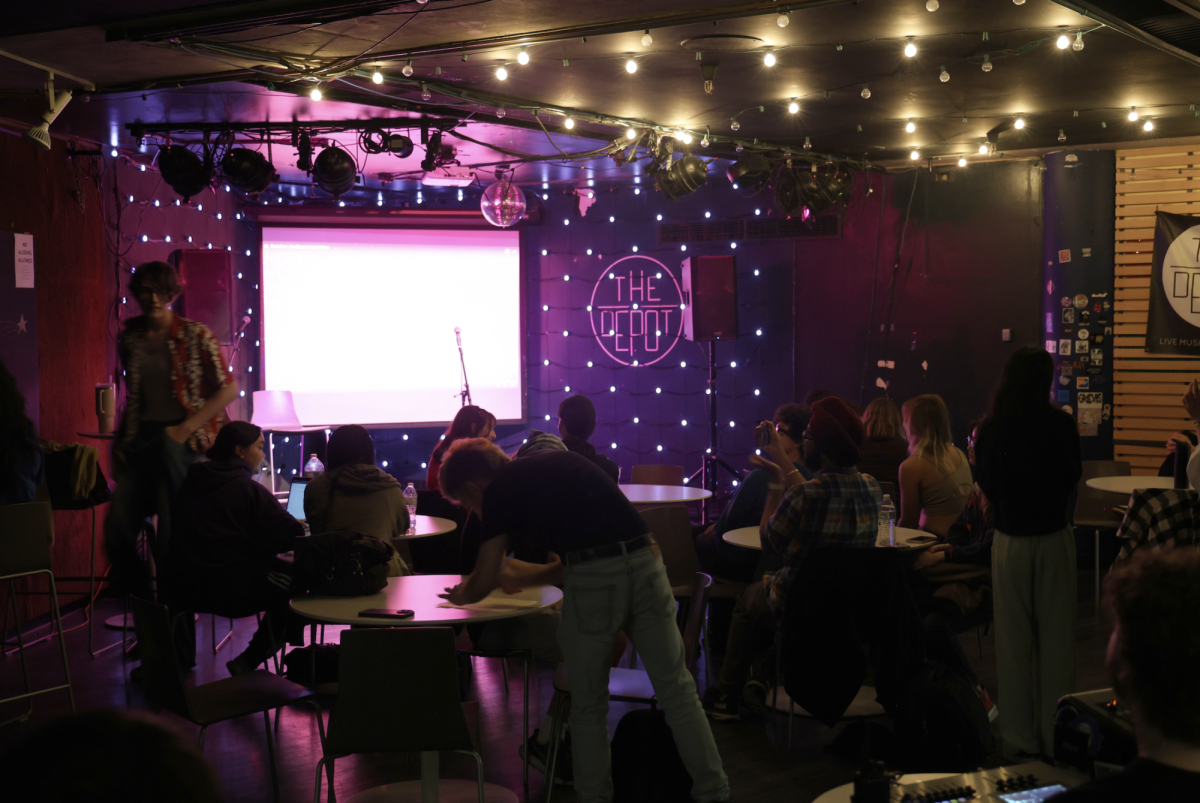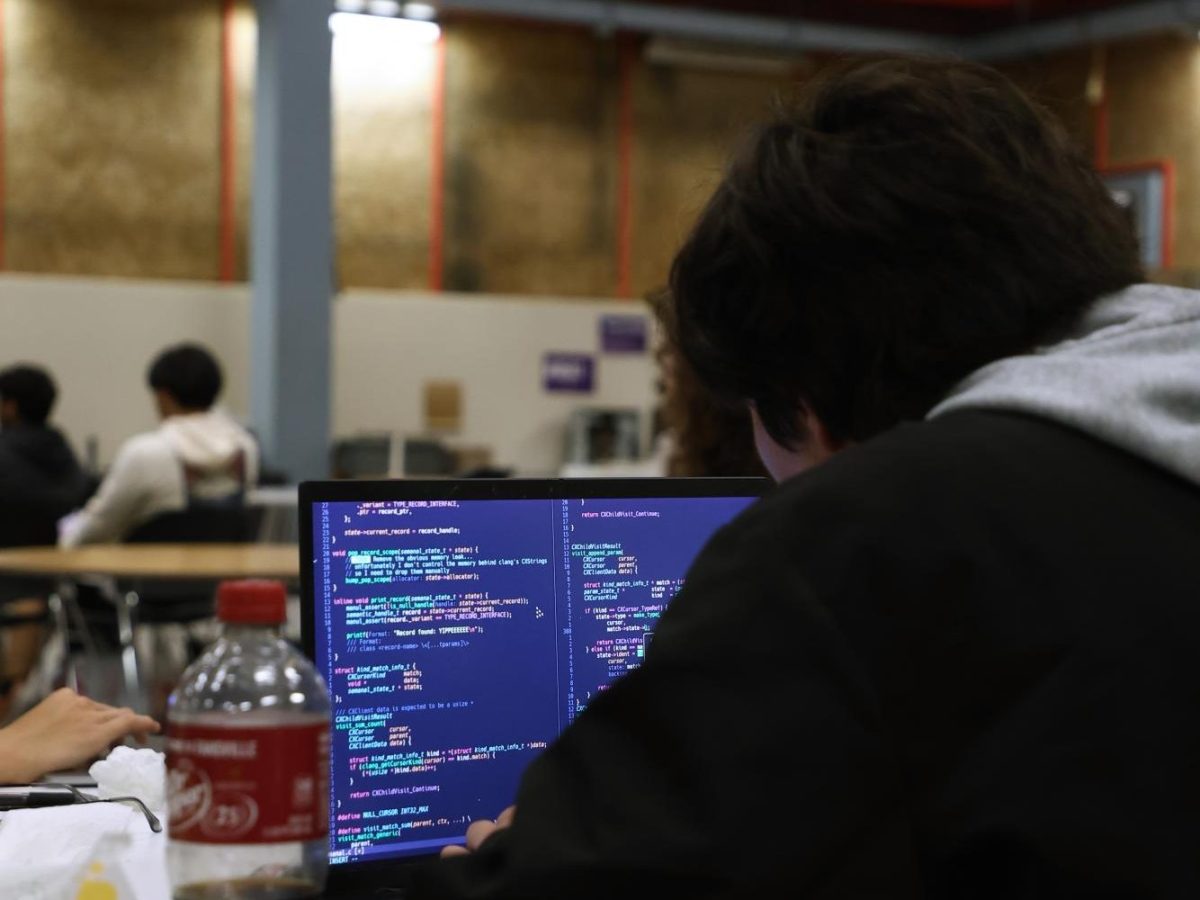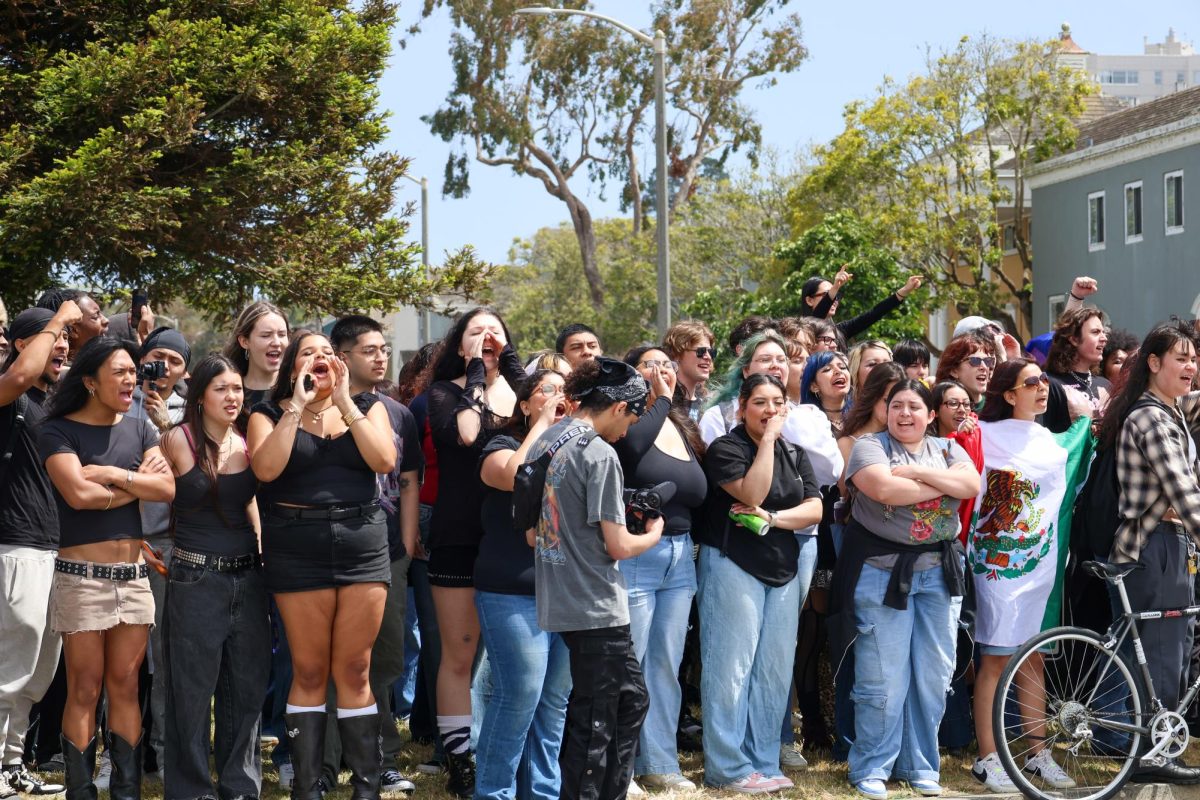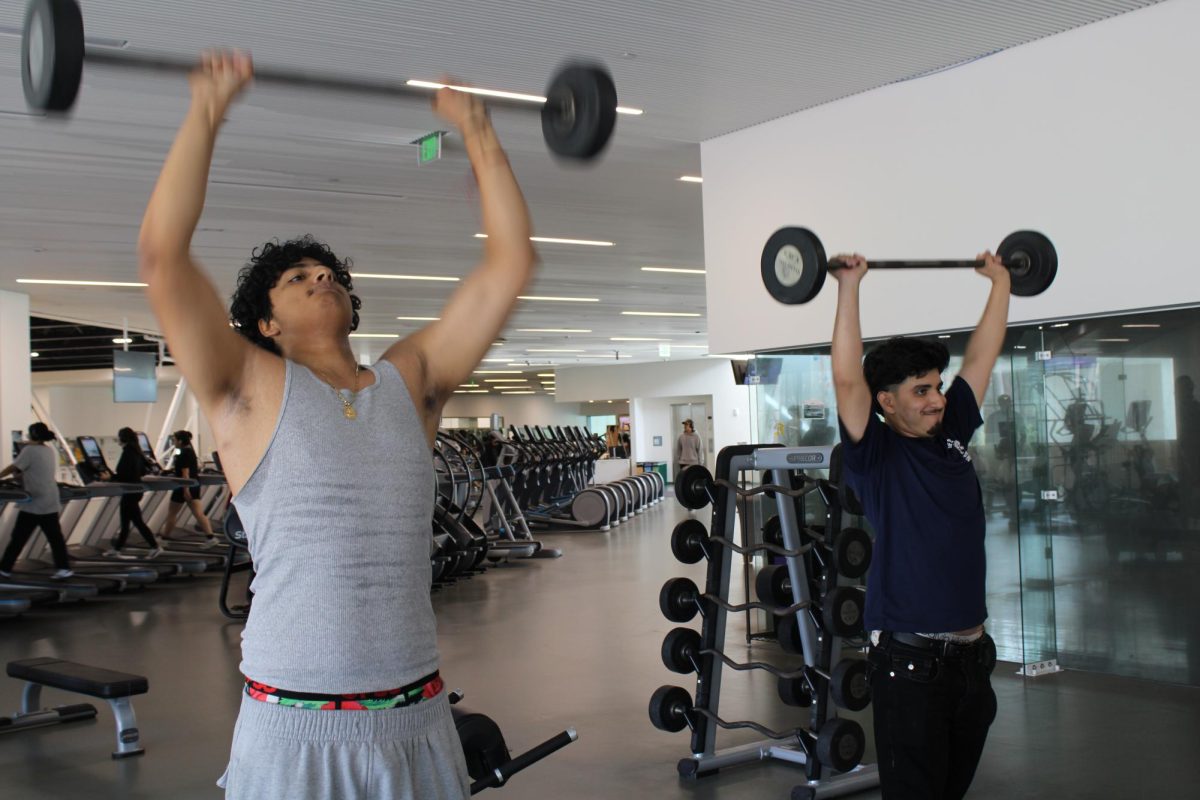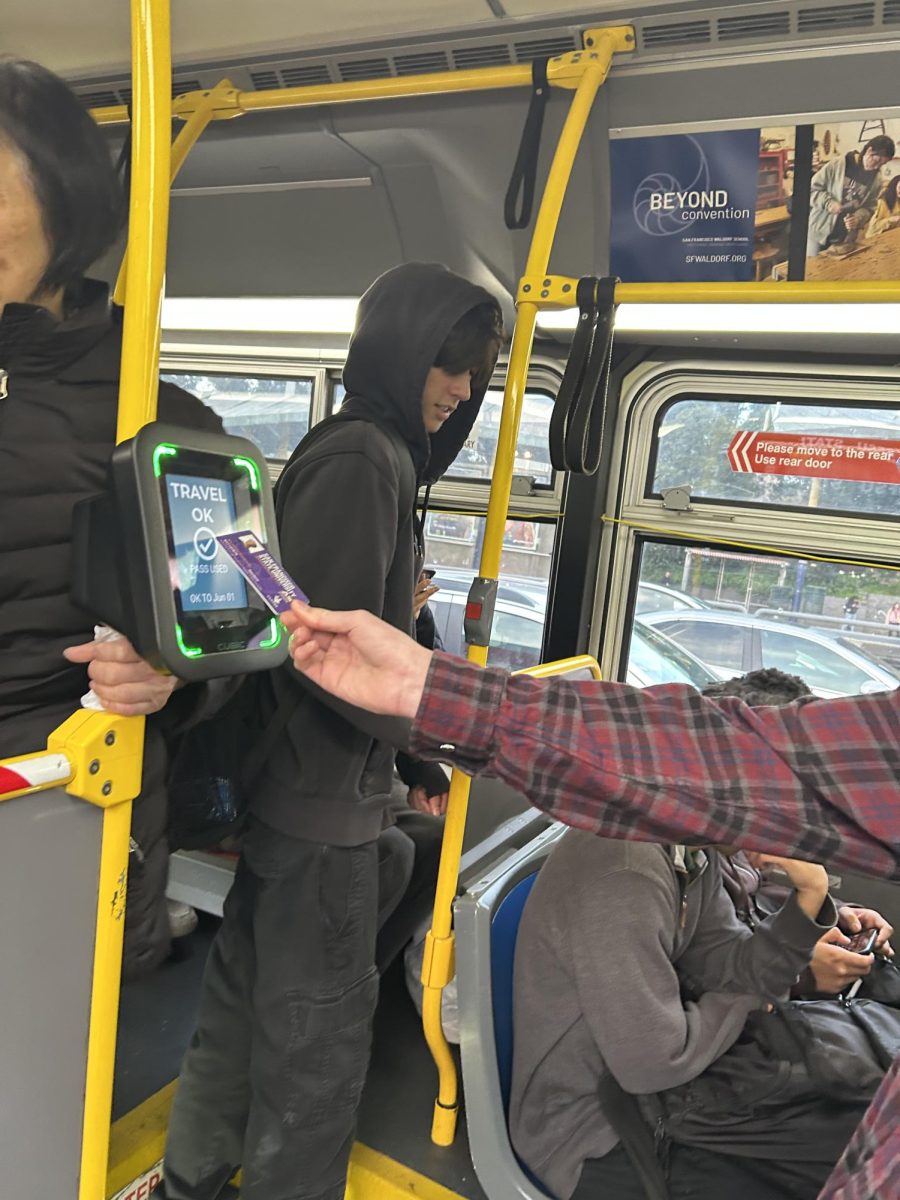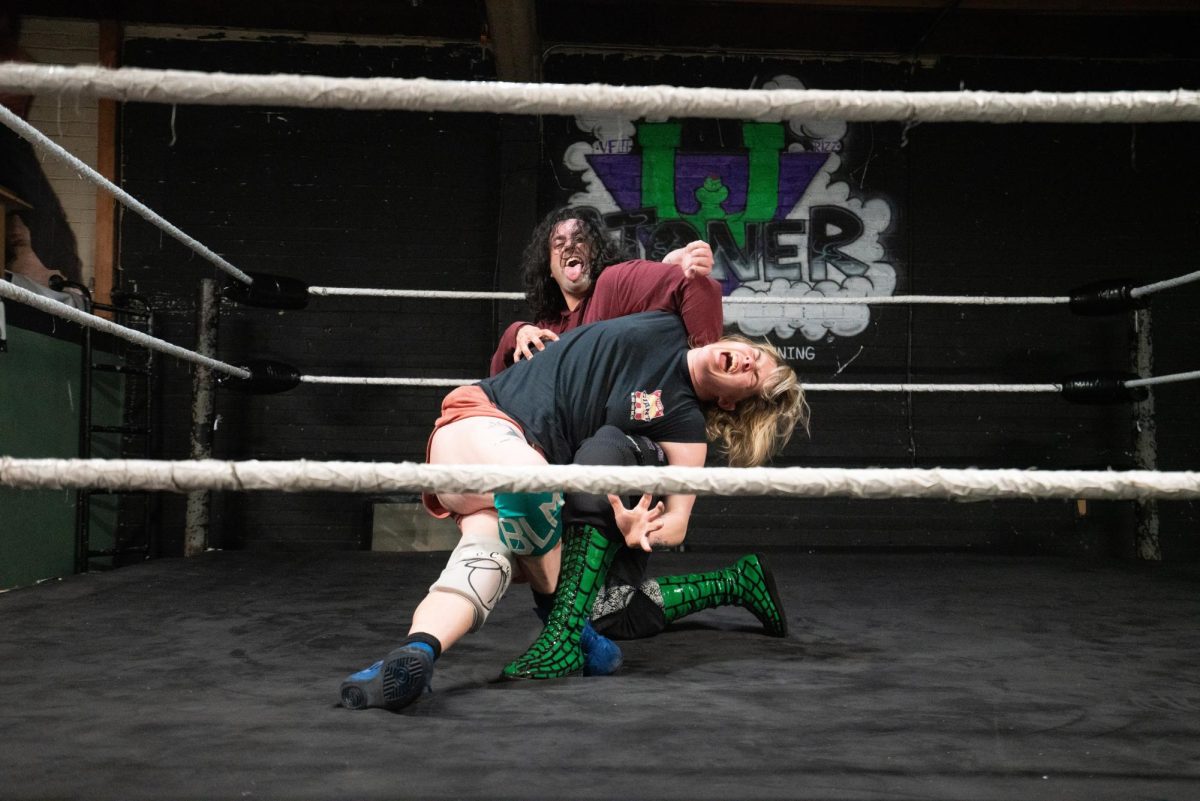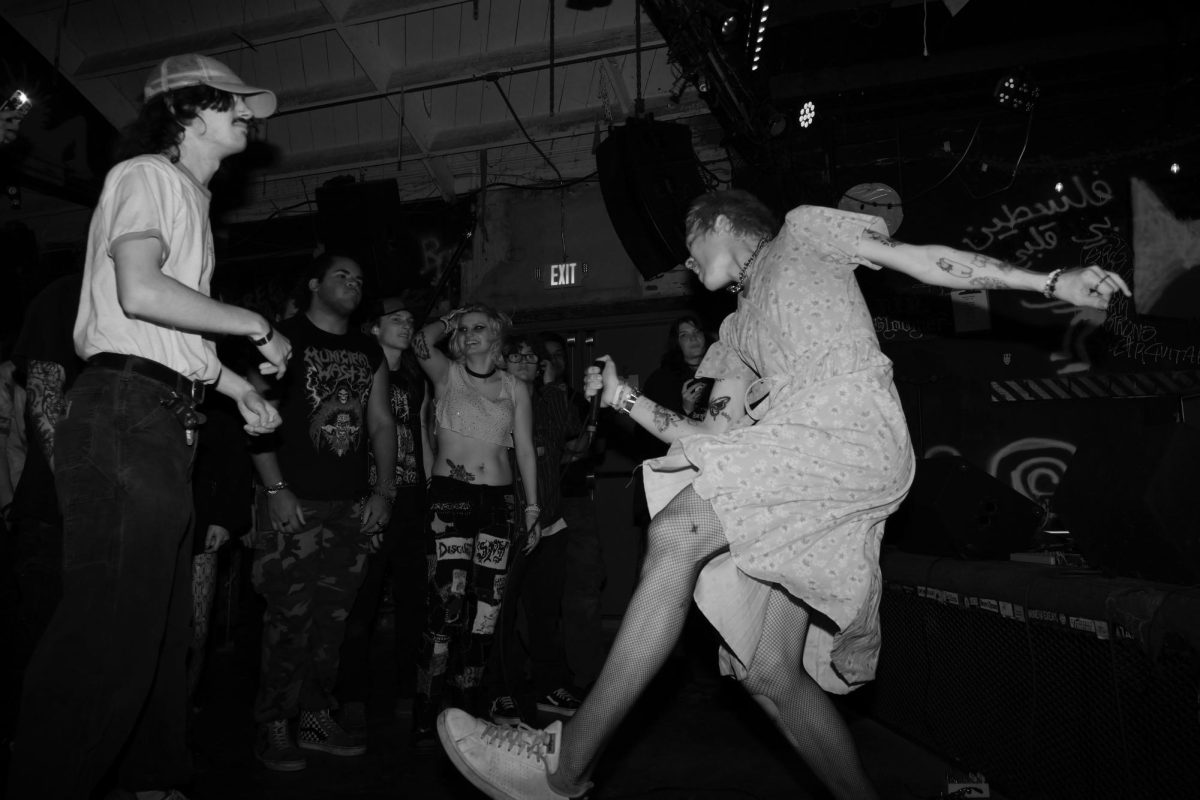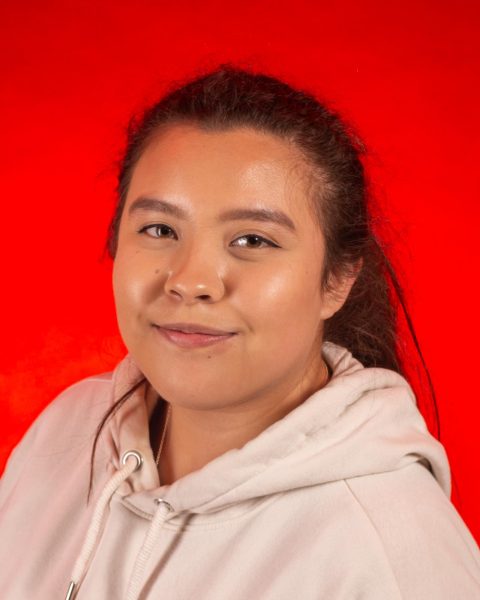Every day, students line up at Peet’s Coffee in J. Paul Leonard Library. Baristas take orders from customers and make drinks behind the counter. Once the order is ready, they yell it out and place it on the counter, observing their student customers as they walk away with drink in hand. Students may get into a routine of buying coffee and energy drinks, but what happens when it leads to overconsumption?
According to the National Library of Medicine, 92% of college students consume caffeine. Tackling a handful of responsibilities ranging from assignments to jobs and, in some cases, even child care, students may rely on caffeine to keep them going throughout the day. Caffeine is a stimulant, which triggers a fight-or-flight response and may influence people to function at a faster pace.
The Food and Drug Administration cited that consuming 400 milligrams of caffeine in a given day is not associated with negative side effects. However, the FDA also states that it does depend on a person’s sensitivity to caffeine.
“In terms of benefits of caffeine, it improves your energy levels, it can improve your mood, can help enhance your memory [or] reduce certain illnesses, but only when consumed in those moderate amounts,” said Anjuman Shah, nutrition education coordinator at Health Promotion & Wellness, and registered dietician at Student Health Services.
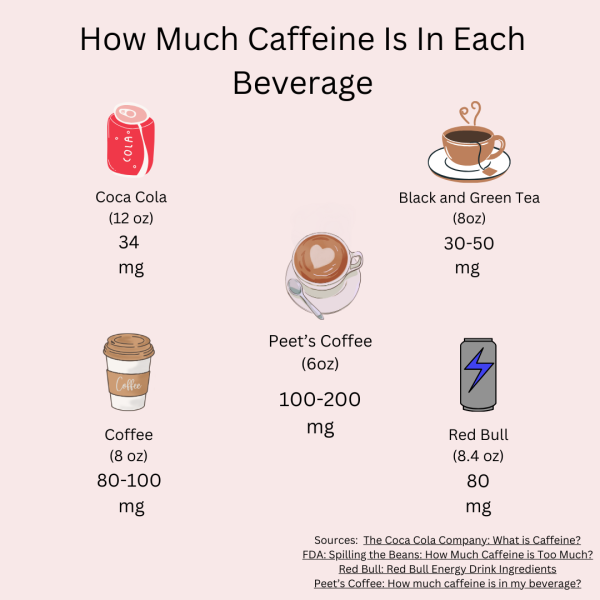
For those that do choose to consume caffeine, she recommends an average of 200 milligrams per day, but emphasizes that it varies depending on body size.
Osprey Horneck, a fourth-year student at SF State, said she drinks caffeinated drinks two to four times a day, but doesn’t experience any side effects. She said her first time having caffeine was when she was a kid; her aunt would sneak her some Red Bull from time to time.
Rachel Scherr, a lecturer faculty member of nutrition and dietetics in SF State’s family, interiors, nutrition and apparel department, said with anything, there’s a spectrum of consumption.
“There are people who don’t drink anything [containing] caffeine whatsoever,” said Scherr. “Most people fall within that normal healthy range.”
While there are many benefits that come with consuming caffeine, there are also many side effects that should not be ignored.
Side Effects
Drinking more than what some people can tolerate may trigger negative reactions, such as an elevated heart rate and high blood pressure, as well as anxiety, jitteriness, dehydration or an energy crash.
”My husband can drink a big thing of coffee and take a nap, and it doesn’t affect him, whereas I’m much more sensitive to caffeine,” said Scherr. “If I have too much, I’m a little jittery and jumpy, and it makes my heart beat fast.”
According to Shah, the anxiety people can experience could be accompanied by heartaches, heartburn and an upset stomach. Caffeine can also lead to trouble sleeping, as it stays in one’s system for an extended period of time.
“Most people do not know this, but most caffeine you consume after noon can still affect your sleep later at night,” said Shah. “The reason why it does that is because caffeine blocks [the] sleep-inducing chemicals in your brain.”
To combat the side effect of jitteriness, Shah has found coffee containing functional mushrooms as opposed to coffee beans to be a good alternative. Mushroom coffee is infused with different types of caffeine-free mushrooms.
She also recommends that people should not drink coffee by itself or on an empty stomach. This can help reduce mood swings, as energy fluctuation becomes more stable with food. While drinking coffee, people should also stay hydrated.
“Try eating a snack or meal alongside of it, because that helps your body absorb it a little bit better,” said Shah.
William Xian, a second-year student at SF State, said the only caffeinated beverage he drinks is his go-to jasmine green tea boba. It’s rare for him to get an energy drink, but when he does, it’s only if he’s feeling extremely tired.
Horneck has been consuming caffeine for a while and hasn’t experienced any side effects. She said that, at this point, consuming caffeine is more of a habit and mental comfort than an actual energy boost.
“Caffeine isn’t necessarily considered a drug, but it can influence our body over time the same way that a drug can in terms of building a reliance on it,” said Shah.
School Environment Influencing Caffeine Consumption

With the demanding schedule that college students face on a daily basis, it’s no secret that midnight study sessions or all-nighters to finish an assignment may be frequent. With late nights accompanied by early mornings comes inevitable fatigue, which fuels caffeine consumption.
“You potentially have a lot of expectations on you if you’re a full-time student,” said Scherr. I would say most of the students I’ve encountered, especially at SF State, have jobs, and some of them have full-time jobs in addition to being full-time students. Several of my students are also parents, sometimes primary parents or caregivers for their children.”
Yukich feels that consuming caffeine is part of campus culture, and is a part of a study group where everyone gets coffee beforehand. Similarly, Horneck thinks there’s an expectation: being a college student, there’s a certain amount of caffeine one should be consuming in order to be doing a good job.
“I know a lot of people at school in general don’t all live very close, so you’re now adding the commute time, being here for a full day and then commuting back, so the day is very long,” said Horneck.
Maddy Yukich, also a fourth-year SF State student, admits that she drinks caffeine every day, primarily from Cafe Rosso. Yukich said that, on the occasion she decides to take a break from caffeine, she experiences headaches at times.
“I’m not a morning person,” said Yukich. “I stay up really late and then usually sleep in, but obviously with school I have to get up early on some days so caffeine gets me through the day—or like today, when it’s really cold, it’s nice to have a hot drink.”
Caffeine Reduction and Consumption Tips
In order to reduce caffeine intake, those who are drinking cold brew or nitro cold brew should start off by switching to standard drip coffee to reduce the potency of their caffeine intake. Other alternatives that contain smaller amounts of caffeine are green or black teas, Yerba Mate and even light-colored sodas.
Meiraf Donofrio, a fourth-year student at SF State, said that, while she does consume caffeine, she has made a habit of drinking even more water. Donofrio drinks over 100 ounces of water per day in order to balance out the caffeine she consumes.
“I know it’s usually with alcoholic beverages, people are like, ‘For every drink you should have a glass of water,’ but I’m pretty good about caffeine as well,” said Donofrio.
Being mindful to only consume caffeinated beverages before noon is another useful tip for reducing caffeine intake.
“After 12 p.m., you can switch to herbal teas or try iced water — something that helps stimulate your senses,” said Shah.
Donofrio doesn’t begin drinking caffeine until three hours after waking up, and has also become more mindful of her average caffeine intake.
“We [Donofrio and Horneck] were actually just talking about how much we’ve sort of started to cut back—especially just being smart about the timing like when we’re drinking things, you know. We’ve both had to work in industries where we’re up really late, so we’re trying to not, if we don’t have to,” said Donofrio.
Donofrio’s go-to caffeinated beverages to help her get through her schedule are iced coffee and Red Bull.
“I have an hour-and-a-half commute to get here, and then I’m here for about six hours,” said Donofrio. “I [also] have an hour-and-a-half- commute to my job for eight hours, so that’s usually when the Red Bull kicks in so that I exist for about 20 hours straight.”
While there are both positive and negative consequences of consuming caffeine, there’s no denying that it might feel necessary at times. With so many responsibilities and so few hours in a day, it can feel next to impossible to get things done while simultaneously maintaining a steady sleep schedule.
“It requires, sometimes, a little bit of help. A lifestyle shift of just sleeping more is very fantastic advice, but sometimes it’s not feasible,” said Scherr.



